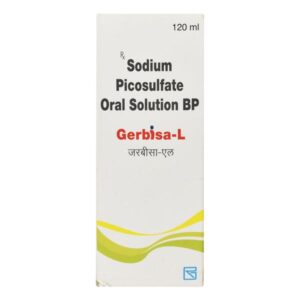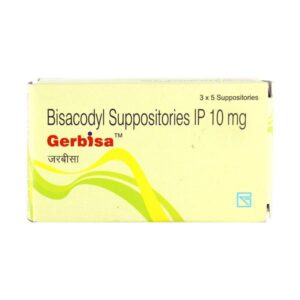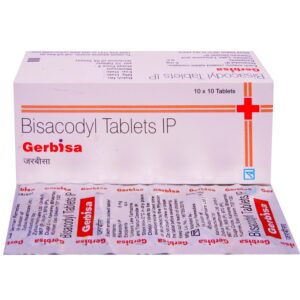BISACODYL
BISACODYL: Bisacodyl is a medication mainly used as a laxative or to prepare the bowel before certain medical procedures such as colonoscopies. It is available in various forms, including tablets, suppositories, and enemas.
The primary mechanism of action of bisacodyl is to stimulate the muscles in the intestines, leading to increased movement and contraction of the bowel. This stimulation helps to promote bowel movements and relieve constipation.
The dosage of bisacodyl can vary depending on the form of the medication and the individual’s condition. For oral tablets, a typical adult dose ranges from 5 to 15 mg once daily, usually taken at bedtime to produce an effect the following morning. For suppositories, 5 to 10 mg is inserted rectally. If using an enema, the typical dose is 10 mg per 118 mL of enema solution.
Common side effects of bisacodyl include abdominal discomfort, cramping, diarrhea, and nausea. These effects are generally mild and transient. Excessive use or prolonged use of bisacodyl can cause dependence and lead to laxative abuse, resulting in dehydration, electrolyte imbalances, and bowel dysfunction.
It is important to follow the recommended dose and duration of bisacodyl use as prescribed by a healthcare professional. If there are any concerns or persistent side effects, it is advisable to consult a doctor.






